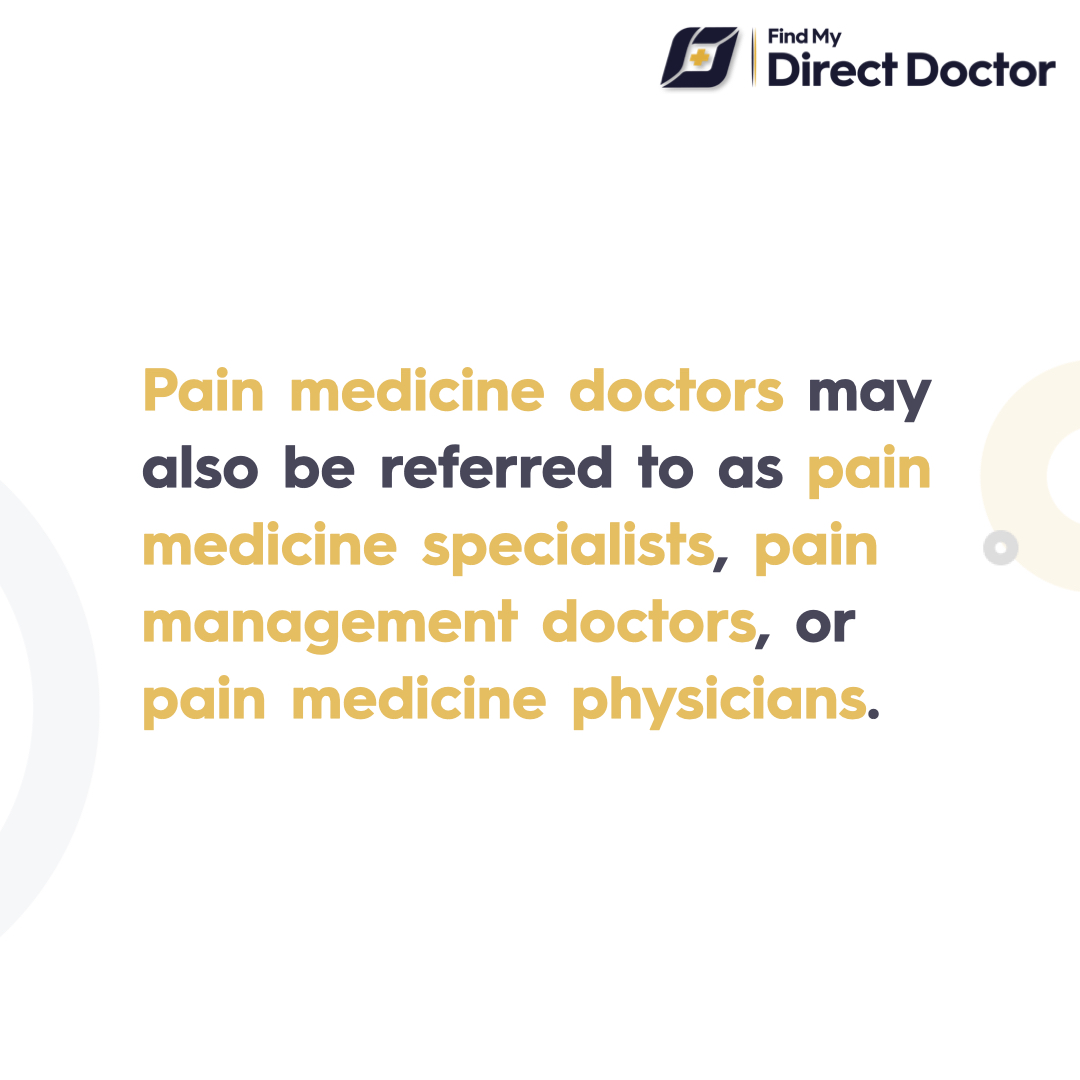



In the chaotic, profit-driven American health care landscape, the friction between different philosophical approaches to treating pain is peppered with ethical and emotional proportions.
Countless studies prove that pain management – multidisciplinary and preventive care – is more effective than all other forms of chronic pain treatment.
Why are patients not receiving the pain management methods they require and deserve if that is the case?
It is no surprise that the rampant rise of band-aid solutions, such as a narrow focus on pain medication subscriptions and interventional procedures, is largely driven by profit.
In traditional, fee-for-service health care, capitalism, rather than efficacy or quality patient care, decides whether to dispense simple pain medication over comprehensive pain management.
Many medical institutions are a guise of entrepreneurial bodies. By peddling these ineffective solutions (which are often not in physicians and their patients), these businessmen stand to gain so much more financially.
The discussion between these different approaches to patient care does not stray far from America's primary care crisis.
The traditional, fee-for-service health care model incentivizes inappropriate pain management by offering multiple, repetitive services and medication, often without getting to the bottom of a patient's pain experience.
Prescribing pain medicine and extending a 'cookbook' type of treatment (a one-size-fits-all patient approach) continue to be the norm over individualized patient care and complex, multidisciplinary pain management.
This has made doctors feel helpless as if they have no control over how their patients are treated. Moreover, this has put doctors in a compromising position when treating their patients.
An article by John Loeser, MD, and Alex Cahana, MD, Ph.D., points out a glaring ethical dilemma in pain care that shapes how it is delivered. Doctors' important role in providing diagnosis, care, and support differs depending on who they act as agents of – their patients or medical third parties, such as corporate hospitals and insurance companies.
When the aim of the patient-physician encounter is to establish diagnosis or implement treatment, the physician is acting as an agent for the patient. When the aim is to rate impairment or disability, the physician is acting as an agent of the state or an insurance company.
For the longest time, health care viewed pain as something that can be addressed by applying appropriate medication and technology. While this method has worked well for acute cases, the same cannot be said for cases of chronic pain.
In the US medical system, the terms 'Pain Medicine' and 'Pain Management' are often used interchangeably. 'Pain Medicine' is the formal name of the medical subspecialty, while 'Pain Management' describes the comprehensive, multidisciplinary approach these specialists aim to provide. The true difference discussed here is not in the names, but in the philosophy of care.
For patients who experience chronic pain, relying only on constant pain medication or repetitive procedures are not only invasive and financially debilitating. These temporary solutions can also pose more significant health risks to patients.
Case in point, certain pain medication, although it can temporarily manage pain for some time, can deteriorate other organs, such as the liver.
The need for ethical, multidisciplinary pain management has never been greater. Although pain management is a relatively new speciality, great volumes of academic material are now available for physicians to study.
America's health care system continues to be under major reform as we speak. It has taken decades for the industry to let go of the one-size-fits-all approach, especially in sensitive and complex areas like pain management.
Doctors from all kinds of specializations now have the option to become pain medicine doctors.
Certified pain medicine doctors are equipped with advanced knowledge in pain management. They treat chronic pain using a multidisciplinary approach and should not simply resort to relying only on singular solutions like pain medication prescriptions.
Neurological exams, muscle and nerve studies, even physical and cognitive-behavioral therapy – physicians can now turn to new and improved, varied pain management methods to elevate the level of care they extend to their patients.
Pain medicine doctors may also be referred to as pain medicine specialists, pain management doctors, or pain medicine physicians.
A study on multidisciplinary pain clinics reveals a 20% to 40% reduction in pain behaviors for patients who have access to these services.

The study also reveals that cost benefits and cost-effectiveness in multidisciplinary pain management are higher than relying solely on individual treatments like surgery, stimulators, pump implants, and unimodal therapy like chronic opioid prescriptions.
By prioritizing optimal pain management, physicians and their patients steer clear of the following dangers:
Physicians are aware that repeated intervention may damage a patient. More than simply dispensing pain medicine or having patients undergo a handful of tests and treatments, doctors are responsible for addressing chronic pain's physical, psychological, and social dimensions.
Optimal pain management recognizes that chronic pain requires more than symptom relief to restore a patient's quality of life.
Much like any other area of specialization, pain management borders on trust between doctor and patient. Patients must feel like they have a partner in their fight against pain. They should feel comfortable enough to be vulnerable about their pain.
This can only be possible if doctors are compassionate and have no vested interests other than the well-being of their patients.
Do you want to start and thrive at your own Practice? Then, list your practice for free and maximize your online reach, transforming health care shoppers into patients.